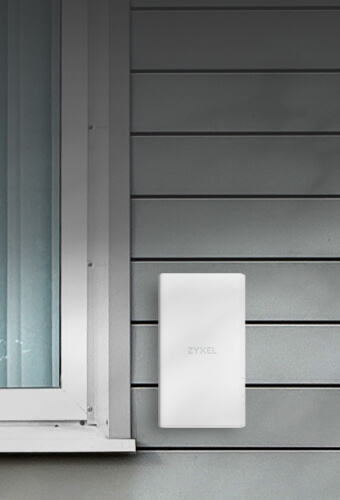As we close a year of innovation and challenge,
thank you for being part of our journey.
Together, we’ve built broadband that empowers
In 2026, let’s keep connecting the world —
link by link,
success by success
success by success
featured-products
Our top picks
quickpass-section
Solutions you might be interested in
about-us
Keeping service providers ahead of the competition
We contribute to your competitive edge and high customer satisfaction through innovative and scalable broadband solutions, a transparent technology roadmap and agile, local presence.
Image

sustainable section
Sustainability
Striving for perfection in technology, social responsibility, and environmental care.
Image


















